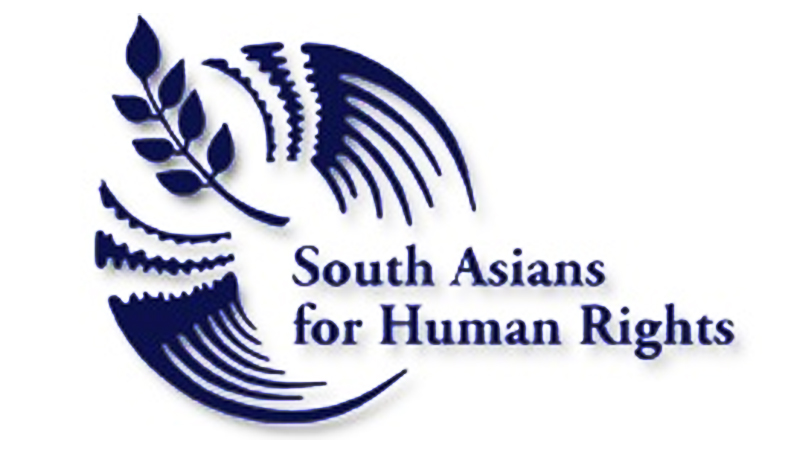Russia: Bill to criminalise cooperation with foreign organisations: a new threat to human rights work
On January 14, the State Duma Committee on Constitutional Legislation recommended that the lower house pass a bill to ban “undesirable foreign organisations” in Russia and ban cooperation with them. The bill, presented initially by two members of Parliament, would allow the Prosecutor General’s Office, upon consultation with the Foreign Ministry and based on information provided by the interior and security agencies, to ban foreign and international organisations that “threaten the defence or security of the State” or “public order and health”.
“ Countless human rights NGOs and defenders have been criminalised by the authorities for allegedly threatening security or public order. We fear that these vague terms will again be used to criminalise legitimate human rights activities implemented by INGOs in Russia ”, said Gerald Staberock, OMCT Secretary General. “ A law that effectively criminalizes human contacts or institutional partnerships with other human rights actors is indeed unprecedented ”.
Russian organisations have become over the last decades a vital and proud part of a global movement participating in international meetings and sharing their knowledge, experience and advice in global human rights networks and federations. This law risks to isolate Russian activists and to break international solidarity and support.
Under the bill, the designation of a foreign or international organisation as undesirable would be followed by the closure of branch offices in Russia. It would also ban the distribution of information, including online.
Furthermore, individuals involved in the operation of an undesirable foreign or international organisation in Russia would be fined between 10,000 and 100,000 Rubles (185 – 1,850 Euros). And the employees of an undesirable organisation that continued to work in Russia could face criminal charges and fines ranging between 300,000 and 500,000 Rubles (5,560 – 9,260 Euros) or up to eight years in prison. If adopted, this measure would negatively impact the work of those who are members of international NGOs in Russia and will make it impossible for human rights defenders based abroad, should their organisation be registered as “unwanted”, to enter Russia.
The Observatory recalls that, if adopted, this bill would add to an already very restrictive legislation for civil society organisations further shrinking the space for freedom of association in the country. In 2012 the State Duma adopted a law that required NGOs to register as “foreign agents” if they engaged in “political activity” and receive foreign funding. Because “foreign agent” can be interpreted only as “spy” or “traitor”, such label aims at discrediting NGOs and obstructing their working environment.
“ Following the adoption of the NGO law in 2012 which led to the registration of more than 30 prominent Russian NGOs as foreign agents and the closing down of 4 others, including FIDH member organisation ADC Memorial, it seems clear that this new bill will be used to ban the presence of international human rights NGOs in Russia. Slowly but surely, Putin is getting rid of all human rights organisations in the Russian Federation ”, said Karim Lahidji, FIDH President.
The Observatory therefore opposes the possible adoption of this bill on the strongest terms and calls for the State Duma to drop it.
-END-
Category: Media Monitoring






